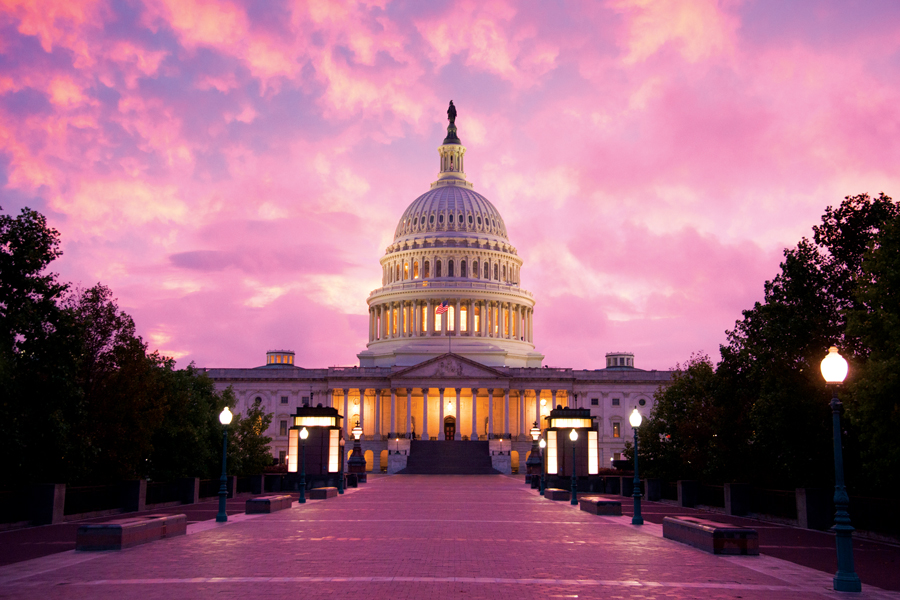

In just a few months in office, Securities and Exchange Commission Chairman Gary Gensler has evolved on his approach to regulating cryptocurrencies.
As recently as last August, Gensler was asking Congress to expand the SEC’s reach to regulate digital asset markets.
“We need additional congressional authorities to prevent transactions, products and platforms from falling between regulatory cracks,” Gensler said in August at the Aspen Security Forum.
But Gensler’s tune has changed. In remarks last week before the SEC’s Investor Advisory Committee, he took an aggressive approach toward crypto oversight.
Gensler argued that cryptocurrencies are often sold as part of an investment contract, which is defined as a security. Therefore, crypto can be regulated by the SEC. But many digital tokens are operating as unregistered securities and evading required disclosures and oversight, he said.
“Make no mistake: To the extent that there are securities on these trading platforms, under our laws they have to register with the Commission unless they meet an exemption,” Gensler said. “Make no mistake: If a lending platform is offering securities, it also falls into SEC jurisdiction.”
Make no mistake about the environment for cypto regulation. It lends itself to the SEC acting on its own rather than waiting for Congress.
Congress likely won’t be able to sort out crypto regulation because of the usual obstacle on Capitol Hill — political gridlock. Democrats and Republicans have different approaches to dealing with crypto, and it’s unlikely they’ll be able to find a middle ground.
On Wednesday, the House Financial Services Committee held the first hearing featuring crypto firm executives. The session, which lasted more than four hours, was billed as an effort to educate lawmakers about the booming crypto markets.
Although the meeting was collegial, the partisan divide on crypto emerged in the statements and questions offered by Democrats and Republicans. Generally, Democrats focused on investor protection concerns while Republicans warned regulators not to go overboard and quash crypto innovations that are attracting a lot of investors.
The goal of the hearing was to explore “how to support responsible innovation that protects consumers and investors, safeguards our financial system from systemic risks, promotes financial inclusion, addresses environmental concerns, as well as to consider a potential Central Bank Digital Currency,” Committee Chairwoman Maxine Waters, D-Calif., said. “Currently, cryptocurrency markets have no overarching or centralized regulatory framework, leaving investments in the digital assets space vulnerable to fraud, manipulation, and abuse.”
The ranking Republican on the committee, Rep. Patrick McHenry, R-N.C., cautioned that the “knee-jerk reaction of lawmakers to regulate out of the fear of the unknown will only stifle American ingenuity and put us at a competitive disadvantage.”
He added: “My fear, however, is that my Democratic colleagues have already made up their minds. And this hearing will serve only to justify the legislative proposal they have already cooked up. I hope that’s not the case.”
Democrats may be holding off on a bill to encourage the SEC to act on its own.
Waters is “slow-walking this issue to allow the SEC as much time as possible to get its ducks in order,” said Michael Canning, principal at the LXR Group, a public affairs consulting firm. “If they weren’t coordinating closely, you would likely see Waters introduce a bill.”
Even if a crypto-oversight bill emerges soon and gets through the Democratic-majority House, there’s little hope it would garner support from at least 10 Republicans in the Senate to overcome a filibuster. Passage in 2023 becomes even more unlikely if the GOP takes over the House and or the Senate in next year’s elections.
Republicans aren’t opposed to any legislation related to cryptocurrencies. Sen. Patrick Toomey, R-Pa. and ranking member of the Senate Banking Committee, says Congress should clarify whether digital tokens are securities.
He was miffed that Gensler didn’t provide definitive rules of the road on when a cryptocurrency is a security and when it’s a commodity. Toomey requested the guidance in a Sept. 24 letter to Gensler following an appearance by Gensler before his committee earlier in the month.
“It depends upon the particular facts and circumstances, whether any particular financial instrument, including a crypto asset, is being offered or sold as a security,” Gensler wrote in response to Toomey.
That’s another example of regulatory ambiguity that gives agencies more latitude to exercise their power in the midst of complexity. Nothing is more complex than the approximately $2.6 trillion crypto market that Gensler has likened to the Wild West.
If the SEC is going to protect investors in that exciting — and dangerous — new dimension of the financial world, it’s going to have to forge ahead on its own and not wait for help from Congress.

Relationships are key to our business but advisors are often slow to engage in specific activities designed to foster them.

Whichever path you go down, act now while you're still in control.

Pro-bitcoin professionals, however, say the cryptocurrency has ushered in change.

“LPL has evolved significantly over the last decade and still wants to scale up,” says one industry executive.

Survey findings from the Nationwide Retirement Institute offers pearls of planning wisdom from 60- to 65-year-olds, as well as insights into concerns.
Streamline your outreach with Aidentified's AI-driven solutions
This season’s market volatility: Positioning for rate relief, income growth and the AI rebound
